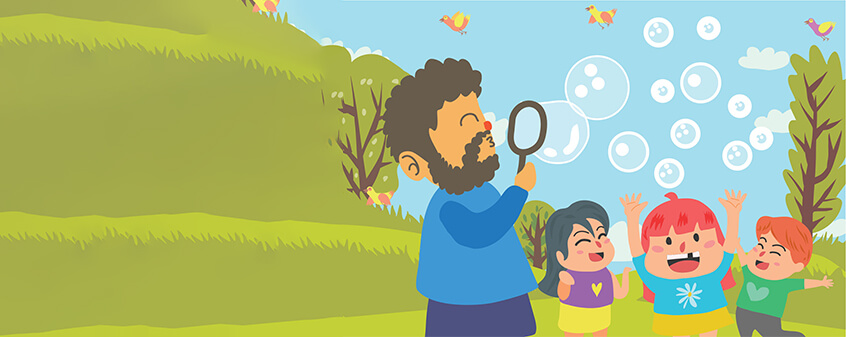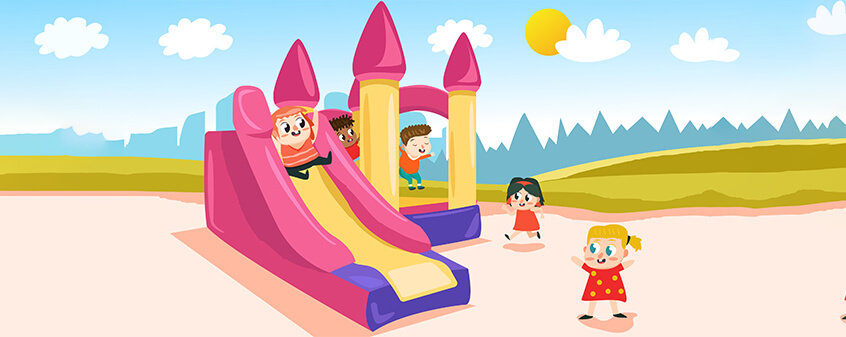SPECIAL NEEDS:
‘Special needs’ is a term used in clinical, diagnostic and functional development to describe individuals who require assistance for disabilities that may be medical or mental, for instance, the Diagnostic and Statistical Manual of Mental disorders and the International Classification of Diseases.
TYPES OF SPECIAL NEEDS:
Special needs vary in severity. People with autism, Down syndrome, Dyslexia, blindness, or Cystic Fibrosis, for instance, may be considered to have special needs. However, special needs can also include cleft lips and/or palates, port-wine stains, or missing limbs.
- Interact
The biggest mistake that adults make when they meet someone like Louie is failing to interact with him. Usually, they try asking him a question (he hates questions, he won’t answer), then the adult gives up and starts talking to me. One time a person shouted questions at him from across an area and couldn’t understand why Louie ran away!
The same rules of polite conversation apply to adults and children. First, introduce yourself and explain how you are connected to the child. Depending on the child’s special needs, it may be necessary to take the child’s hand, place a hand on the child’s shoulder or even touch each other’s faces to make a proper introduction.
Then explain the activity that you'll be doing with the child. Explain the different steps of the activity, including the beginning and the end – while making as much eye contact as possible.
2. Observe
Some children with special needs perceive sensory input in different ways and may be unable to verbalize discomfort. Remember that all behaviour is unique. Always keep a lookout for these different and think about what the child’s behaviour is communicating to you. In case you’re not sure what you’re seeing, ask the child’s parents or other adults for recommendation.
3. Be Flexible
Adults say that they will no longer change the way they do things to accommodate one person in a group. But the whole point of teaching is to use a variety of methods to help each person comprehend and master new skills. For instance, if a toddler refuses to let go of a parent, bring the parent into the activity for a few minutes to reduce anxiety, and then fade out the parent.
If a child does not have the proper motor skills for an activity, help the kid go through the motions and assign a buddy to help the child practice on the sidelines for a few minutes. In a religious education class, a child may have difficulty understanding some concepts. However, when those same concepts are provided in a game or hands-on art project, they make more sense.
4. Be Consistent
If a set of rules is presented to the group, apply those rules consistently to everyone. Years ago I signed up my son for a preschool martial arts class. On the first day, the instructor explained to students and parents that if the child was having any type of behavior issue, he would ask the parent to take a seat with the child.
5. Use visual, auditory or tactile cues
Tactile cues such as gently touching a person’s shoulder, offering a blanket or some other soft material, or presenting easy ways to mark a transition and get a person’s attention. In some activities I have seen people try to clutch or push to get his interest in the course of an activity, which is never a terrific idea. He loses his balance easily, and it only confuses him without re-directing his attention.
6. Have a plan. And a back-up plan.
In the world of special needs, there is always a plan B, and usually a plan C. Make sure that there's space to calm down and move freely if things go badly. Reflect on what every participant can do rather than focusing on what they can’t contribute.
7. Be positive
A positive mindset is the single most important quality for everybody who works with children with special needs. I have seen highly trained experts being unable to interact because of their poor attitude and assumptions. However, some people without any experience or expertise have jumped right in and changed his lifestyles for the better.
It often calls for a reorientation and reevaluation of personal and family goals, duties and relationships. In India, majority of individuals with special needs have traditionally been cared for by their families. In modern society this home-based total care has resulted in many families either breaking up or coming together.








